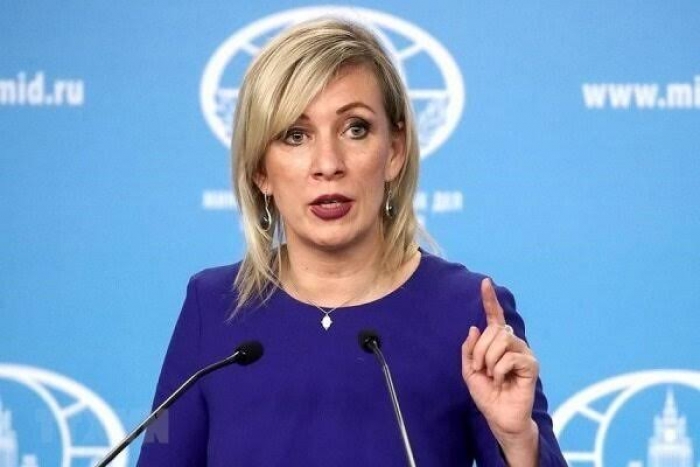June 24, 2025
Israel and Iran agree on ceasefire to end 12-day war, Trump announces
in News
by Super User
…
June 24, 2025
Oil prices fall to over one-week lows as Trump announces Israel-Iran ceasefire
by Super User
Oil prices tumbled on Tuesday to their lowest level in more than a week as…
June 25, 2025
Tinubu’s controversial biography reignites as Atiku disputes claim of Belarusian ‘schoolmate’
in POLITICS
by Super User
President Bola Tinubu’s already controversial academic record has come under renewed scrutiny following his recent…
June 23, 2025
The reason even successful people struggle to get out of bed some days
in FEATURES
by Super User
Sometimes after a long, productive day, I only have the energy to scroll on social…
June 21, 2025
Man convicted of posing as flight attendant to fly for free 120 times
in Strangely
by Super User
A 35-year-old American man has been found guilty of impersonating a flight attendant at least…
June 25, 2025
Over 40 security operatives killed by bandits in Zamfara, Daily Trust reports
in Crime
by Super User
One of Nigeria’s most notorious bandit kingpins, Kachalla Bello Turji, reportedly killed more than 40…
June 25, 2025
Israel Vs Iran: Here’s what to know after Day 12
in WARS
by Super User
Fragile ceasefire holding, Trump envoy says peace talks with Iran 'promising' The ceasefire brokered by…
June 25, 2025
Tesla robotaxi launch: Why getting from dozens to millions of self-driving cars won't be easy
Tesla (TSLA.O) finally has a robotaxi. Now comes the hard part. The electric-vehicle maker deployed…
May 13, 2025
Nigeria's Flying Eagles qualify for World Cup after dramatic win over Senegal
in Sport
by Super User
Nigeria's U-20 national football team, the Flying Eagles, have secured their place at the 2025…


































































